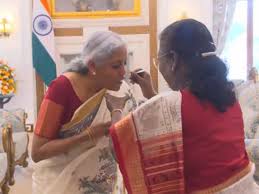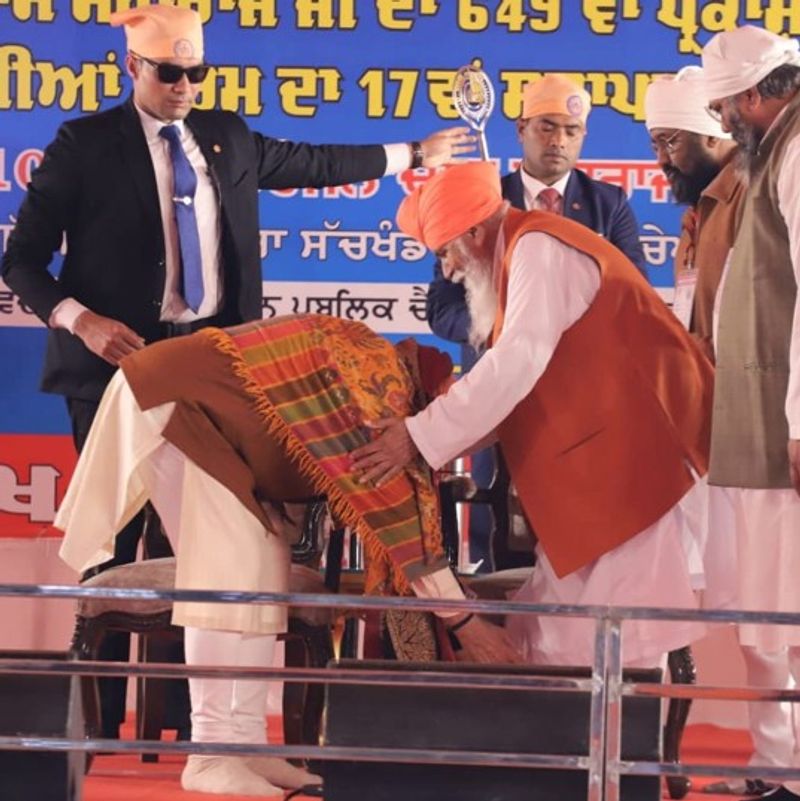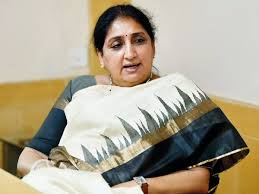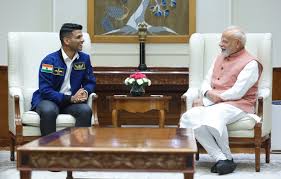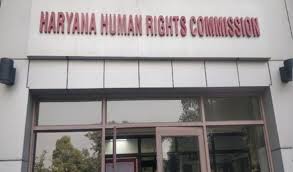Listen To This Post
New Delhi: Prime Minister Narendra Modi met Group Captain Shubhanshu Shukla, the first Indian to visit the International Space Station (ISS), and held wide-ranging discussions on India’s expanding space ambitions, including the upcoming Gaganyaan human spaceflight programme.
Modi lauded Shukla’s achievement and underlined the need to build a strong national talent pool of astronauts. “We should have 40-50 people ready. After you (Shubhanshu) returned from space, there will be a natural attraction towards space missions,” the Prime Minister said. Shukla, who recently returned from his ISS mission, assured Modi of his commitment to mentor and prepare future space travellers. “The commitment shown by the government towards space programmes, despite failures, I believe we can acquire a leadership role here. Chandrayaan-2 was not successful, but Chandrayaan-3 was,” he remarked, stressing India’s resilience in the space sector.
The Prime Minister also asked Shukla about the global perception of India’s space progress. The astronaut said there was keen international interest in Gaganyaan, with many foreign astronauts expressing excitement and even wishing to witness India’s first human spaceflight launch. “Wherever I went, people were aware of India’s achievements in the space sector. My crew members were particularly keen on Gaganyaan and even asked to be invited to the launch,” Shukla told Modi.
Sharing his personal experiences, Shukla described the rigorous training regime and the challenges of re-acclimatising to Earth’s gravity after a space mission. “When you come back to Earth from space, it is difficult to walk. Though we know we have to walk, the brain takes time to adjust to the new environment,” he said, adding that some ISS astronauts currently stationed there are expected to return in December. Modi said Shukla’s experience aboard the ISS would provide valuable insights for Gaganyaan, India’s maiden human spaceflight project being spearheaded by ISRO. The meeting highlighted India’s intent to not only carry out independent space missions but also to nurture a cadre of astronauts, ensuring a long-term leadership role in global space exploration.





